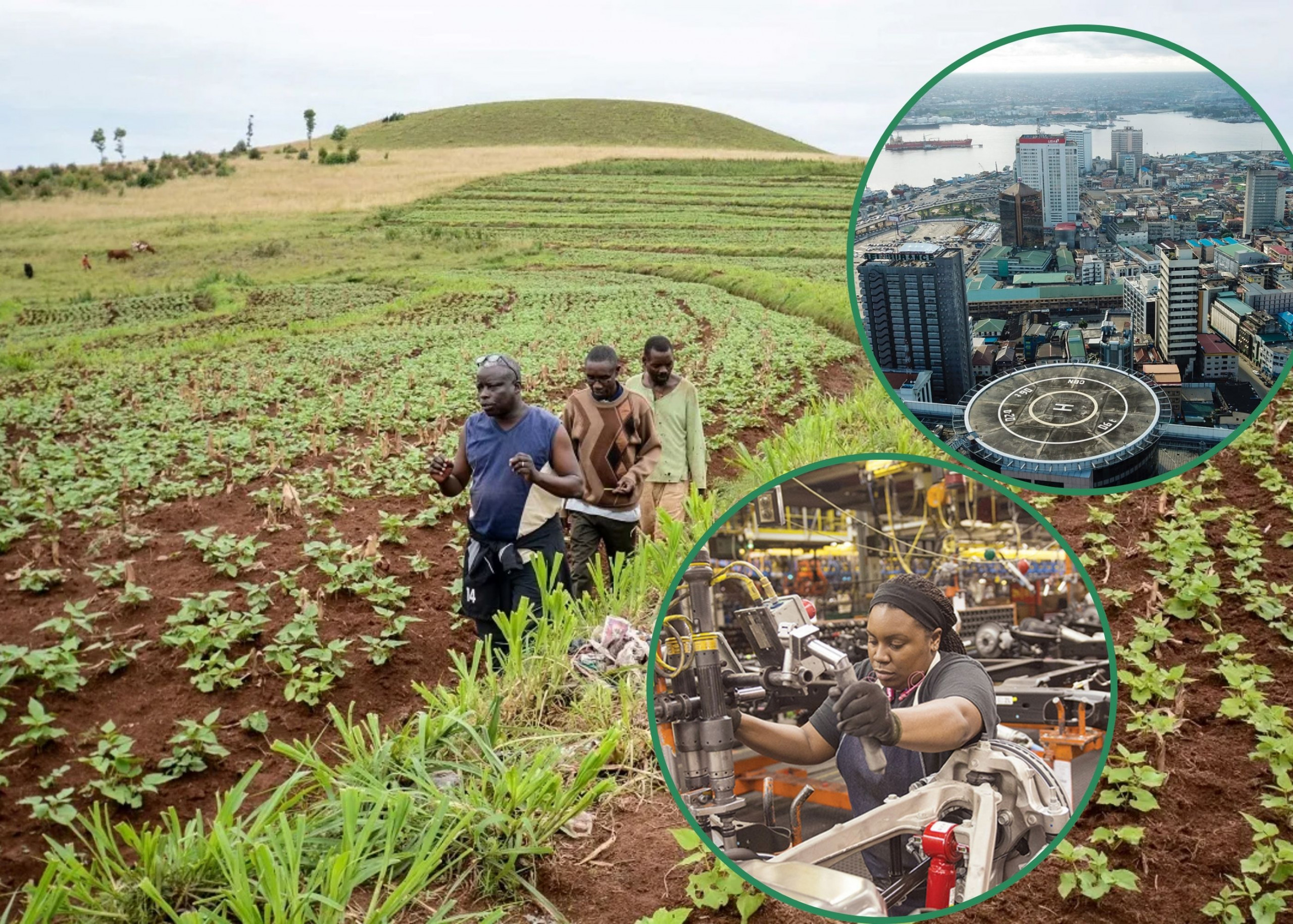News in brief:
– Tope Fasua, Special Adviser to the President on Economic Affairs, projected an 8.10% growth in Nigeria’s manufacturing and agricultural sectors by 2025.
– He highlighted efforts to improve foreign exchange access and promote local sourcing of raw materials while praising government transparency in FX policies.
Tope Fasua, the Special Adviser to the President on Economic Affairs, has said that the manufacturing and agricultural sectors are expected to grow by about 8.10% in 2025. This projection comes despite the backdrop of both sectors reaching less than a 2% growth rate in the preceding year.
Fasua’s statement came during the Lagos Chamber of Commerce and Industry (LCCI) 2025 Economic Review and Outlook Conference. He was countering claims by members of the Manufacturers Association of Nigeria (MAN) that it was proving difficult to access foreign exchange (FX).
Fasua said that there is enough supply of foreign exchange, claiming that the Central Bank of Nigeria (CBN) had shown his team proof. He mentioned that Nigerians are now required to go through their respective banks.
He also took the opportunity to praise the Tinubu-led administration for mandating transparency in official FX dealings.
However, the government official conceded that FX is constrained to encourage local substitutes for foreign raw materials.
“Many manufacturing industries [have to] source their raw materials locally, which are things they would have imported in the past,” he stated.
The growth of Nigeria’s agriculture sector is influenced by several factors and not just FX access. Supportive policies, such as subsidies for fertilisers and seeds, access to low-interest loans for farmers, and improved rural infrastructure, can significantly boost productivity.
Public-private partnerships in agricultural initiatives, such as irrigation projects and mechanisation programs, can modernise the sector and make it more efficient. The government’s focus on diversifying the economy away from oil also provides an opportunity to channel resources into agriculture, fostering growth.
Precision agriculture, drone technology, and data analytics can help farmers optimise their practices, reduce waste, and increase yields. Innovations in irrigation systems, climate-resilient seeds, and smart farming tools are especially critical in addressing climate change impacts and ensuring food security.
Lastly, capacity building and education are essential for sustainable growth in the sector. Providing training to farmers on modern farming techniques and financial literacy can improve productivity and profitability. Additionally, encouraging youth involvement in agriculture through initiatives like agribusiness incubators and mentorship programs can address the ageing farming population and unemployment issues.



